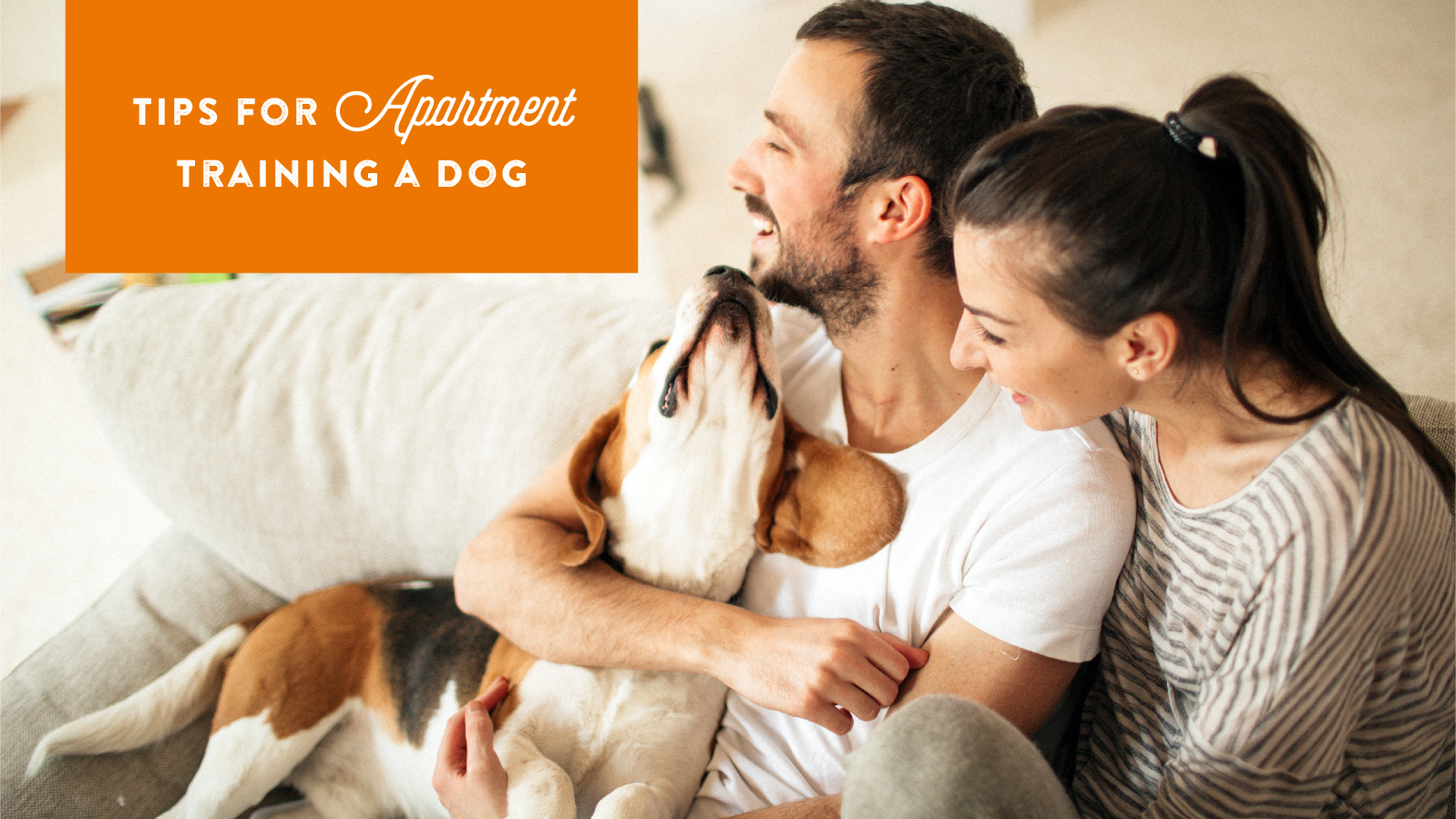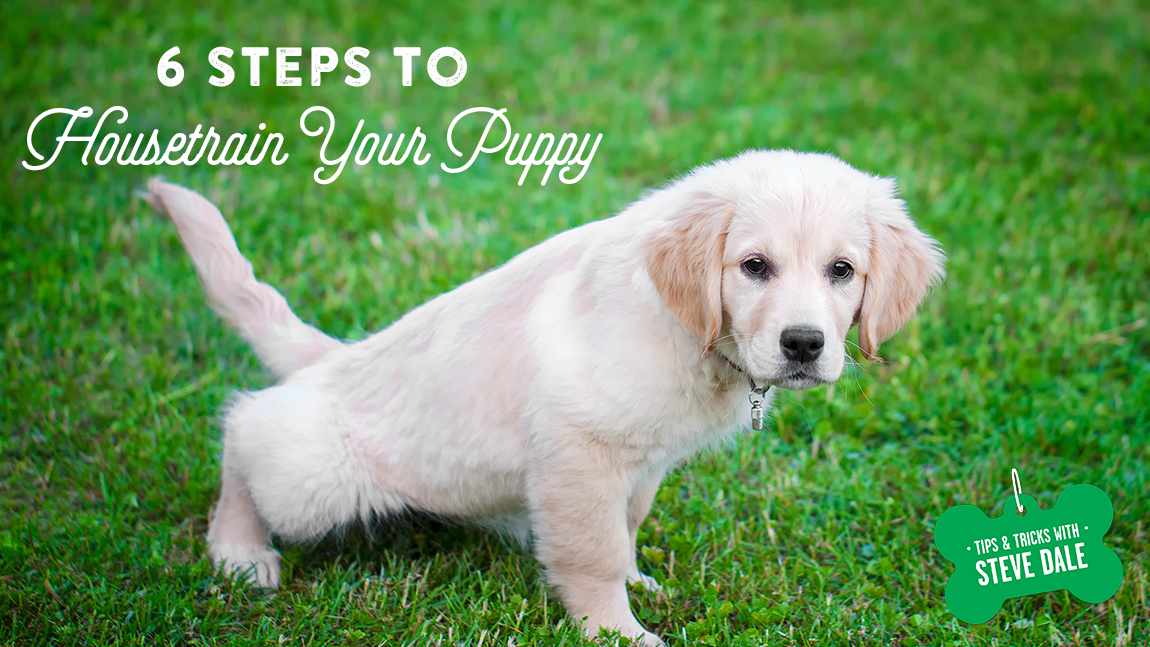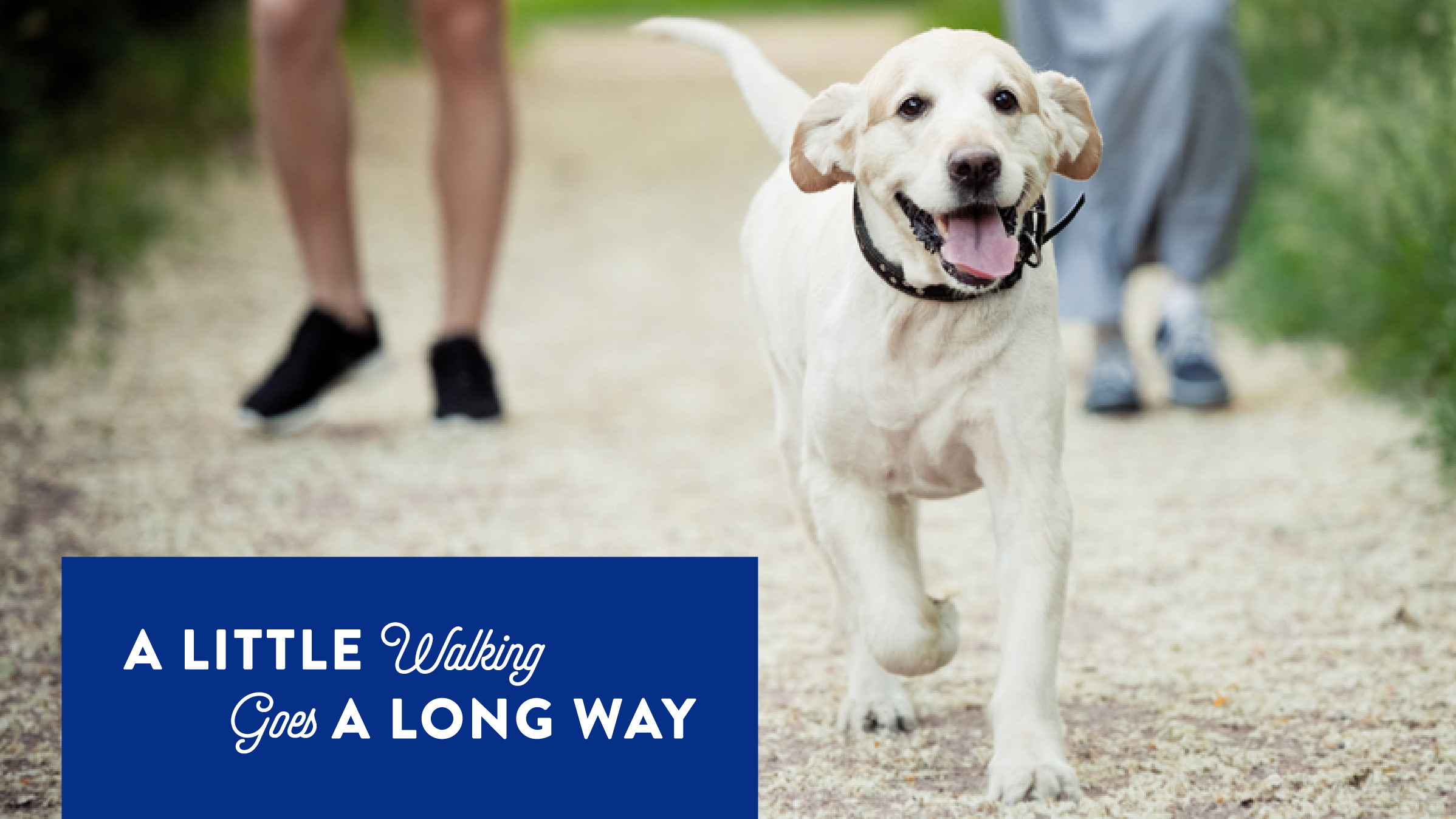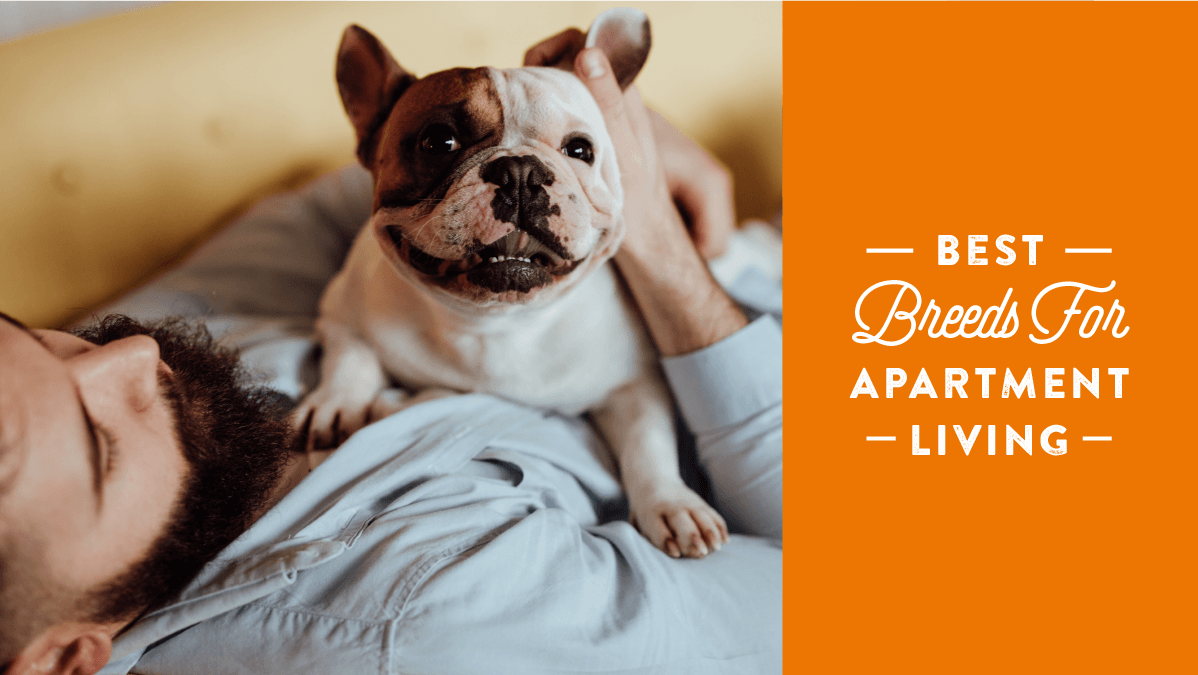Let’s face it. Apartments aren’t the most ideal when you are living with a dog. With all the random noises, strangers at every corner and lack of space to run, apartment training a dog can be a bit of a challenge. But that doesn’t mean it can’t be done. In fact, most dogs can live perfectly happy, well-trained lives in apartments with a little patience and the right amount of training.
Potty training
Without a backyard and quick access to a grassy area, you may wonder the best way to potty train a new puppy or an older dog who is used to having a yard. One option is to use pee pads. Designate an area in the apartment as the “dog bathroom” so your pet knows where to go each time. When your pup needs to go to the bathroom, place him on the pad. Another option is to take your dog out throughout the day. If you aren’t able to come home in the middle of the day, consider a dog walking service. This gives your pup a chance to get outside and do his business instead of having to wait until the evening.
Noises
Apartments are noisy. Especially in bigger cities. For dogs who are afraid of noises or bark at every little knock, an apartment might cause more disruption in their daily lives. Training your dog not to bark is a step in the right direction. Ask a friend to help create positive reinforcement around not barking by having them walk by the door or even knock. When they pass by or knock, tell your dog to “leave it.” When your dog is quiet, reward them with a treat. Repeat this for 10 to 15 minutes over the course of a few days. After some practice, your dog will begin to associate that good behavior with a reward and will start to become more comfortable with the apartment lifestyle.
Other animals
If you have spent time socializing your dog, introducing him to new four-legged friends may not be an issue. However, dogs that get nervous around other animals may need some help adjusting. Begin by introducing your dog in a neutral environment, such as the outdoor dog park. If he doesn’t feel the need to protect his territory, there is less of a chance he will feel threatened or anxious. If your dog is showing signs of being uncomfortable, remove him from the situation and try again later. Be patient when introducing your pup to new friends around the building. Perhaps even bring treats to reward him after he politely greets a new neighbor.
Don’t forget walks
It can be easy to get into a routine after moving to an apartment. You may take your dog out once in the morning, at lunch and once in the evening and call it good. But this is not enriching for your dog and may lead to negative behaviors developing out of boredom or built up energy. Taking your dog for a walk every day can help alleviate some of this energy and boredom. While on your walk, remember to let him sniff and explore. This keeps his mind active and allows him to expend more physical and mental energy.



